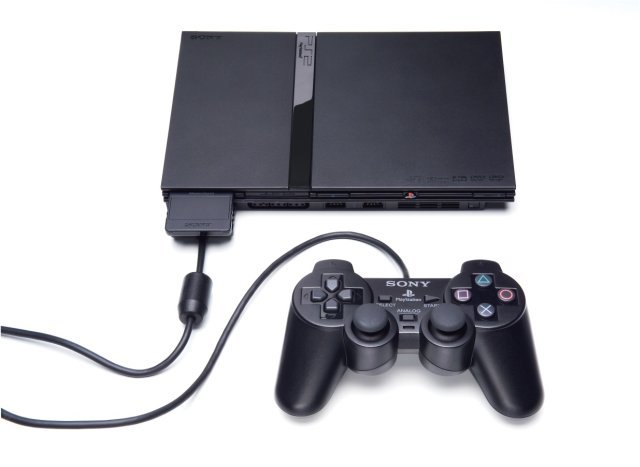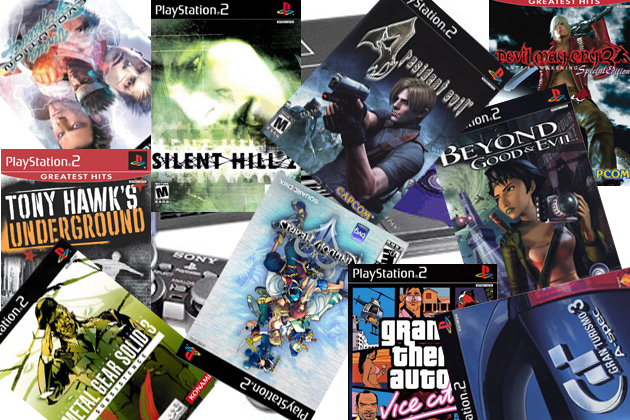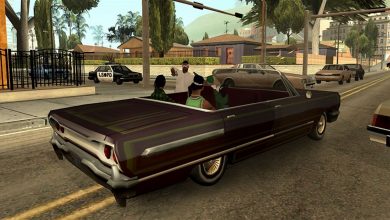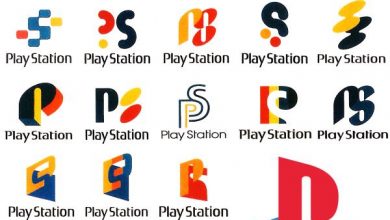Reasons Why the PS2 Was Awesome
Say what you like about it, but the numbers don’t lie – the PlayStation 2 was clearly a BIG deal as far as video game consoles go. In case you don’t already know (according to Wikipedia) the PS2 is actually the “best-selling console of all-time”, surpassing even Nintendo’s fabled NES which single-handedly jump-started the scene. At the same time, there are loads of reasons why the PS2 is just plain “awesome”, clear and obvious selling points which make the machine great (even to this very day). In short, Sony’s PlayStation 2 makes you glad (and proud) to be a retro gaming enthusiast. Moreover, with such a vast library at your fingertips, you basically have a treasure trove of games to pour over, many of which you can pick up for a song (i.e. – at very little cost).
All in all, the PS2 was just the right console to come along at the right time, as they say. Point in fact – it’s basically the first major game box to come along and introduce the masses to advanced graphics and so forth. Sure, many of us had been PC gaming for years prior to the PS2’s release, but that’s really something of a specialization, isn’t it? One could argue that PC gaming will never quite be as popular as its console brethren simply because playing games on a computer might require some user tweaks to make it function properly. By contrast, simply being able to plop a disc in a console and know that (if something isn’t damaged) it’s going to load up right away, is infinitely more attractive to the average consumer. Anyway, the point is – the PS2 basically helped to usher in more advanced computer gaming on a massive scale. Sony single-handedly boosted the entire video game market with the console, even their competitors realize this.
Moreover, the PlayStation 2 was really the first major gaming machine to open the door to the concept of a self-contained entertainment hub. Sure, one could argue that a decent PC might serve a living room in the same manner, assuming that it’s connected to a large TV, but it’s just not as direct and automatic as a console, is it? When it was revealed that the PS2 would also be able to play DVD’s…well, people were excited. Looking back on it now it all seems rather tame, but this cross-functionality feature really ignited the public’s desire in dual-function entertainment gadgets, if you think about it. Rather than having to purchase a DVD player separately, console owners knew that they were covered. Nice.
At the same time, the PS2 also opened the door to online play as well, by integrating a slot for a modem directly into the console. After seeing what the gaming world has done with online play, calling this decision anything short of absolutely brilliant is a massive understatement. Sure, they didn’t get it working quite as well as they would later achieve with the PS3, but nevertheless, there were a number of PS2 games which you could play online with others.
Again however, arguably, the most stunning feature of the PlayStation 2 is its incredible library totaling around 3,870 games in all! Just to give you an idea of how much content that is, if you added them all together, just in terms of size, you’d have 17.3 terabytes of data on your hands. At the same time, the top-sellers have each sold millions upon millions of copies, quite a few of them actually helping to move more consoles out the door. You’ll find more than a few amazing games in each genre as well, with an incredibly diverse selection supporting that. Seriously, there are some truly weird and wonderful PS2 titles out there, many of which you’ve probably never even heard of before…
The PS2 was awesome because it was just in the right place at the right time. Not only did it usher in a new flashy era of 3D gaming, but it pushed the envelope in a number of other key areas as well. Simply put, the PlayStation 2’s release period, features and level of performance added together to produce a somewhat magical effect in consumer entertainment. All the various factors lined up to produce an enormous win for Sony, the kind that simply doesn’t come along very often.







